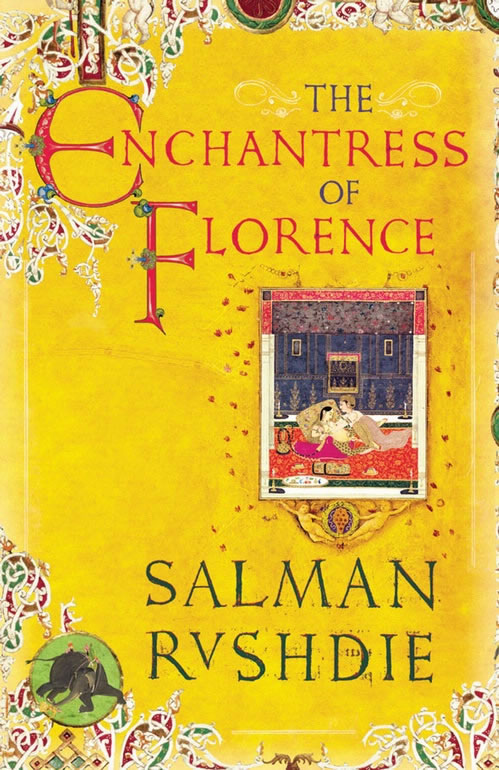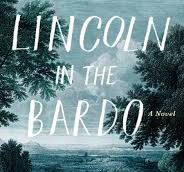 Two things struck me as I read The Enchantress of Florence: humanism is a journey that we haven’t come to the end of yet and Salman Rushdie is one hell of a storyteller to have on that journey.
Two things struck me as I read The Enchantress of Florence: humanism is a journey that we haven’t come to the end of yet and Salman Rushdie is one hell of a storyteller to have on that journey.
Rushdie’s latest novel, seven years in the making, researching and writing, spans the worlds of the Mughal emperor Akbar the Great and Renaissance Florence. Despite the title and the publisher’s description of The Enchantress of Florence as “the story of a woman attempting to control her own destiny in a man’s world”, it is Akbar who dominates this story. Make no mistake, this novel is not A Woman of Substance for the chattering classes.
The story of the black-eyed, long-forgotten Mughal princess Qara Köz is related by a mysterious yellow-haired chancer who turns up at Akbar’s court in Sikri. Indeed Qara Köz turns out to be central to this stranger’s past and future. But Qara Köz’s tale is background music to the journey of thought and belief that drives this book. The pulse of the tale is Akbar’s imagination, the way it wraps itself round and pervades the teller’s tale while grappling with the possibilities of belief and what it means to be human.
Rushdie can pitch you into the middle of a journey and leave you to hold on, whether it’s falling out of the air singing “Ho ji! Ho ji!” or “handcuffed to history” with a very large nose. However disorientated, you do hold on because, simultaneously, you are carried along by the magic of Rushdie’s storytelling. In The Enchantress of Florence, when we come across a young Machiavelli and pals hunting for mandrake roots so they can have occult powers over women, we go along with it despite the blurring of history and fantasy. We want to believe a good story convincingly told, magical untruths and all, because storytelling is an essentially human thing and Rushdie is one of our best. In the description of Qara Köz’s lover Argalia the Turk, abandoned as a boy after a sea battle, we see what it means to be bereft of these human stories:
“A gob of sputum, bobbing for an instant on the waves before he drowned ... This was what was left of a human individual when you took away his home, his family, his friends, his city, his country, his world: a being without context, whose past had faded, whose future was bleak, an entity stripped of name, of meaning, of the whole of life except a temporarily beating heart.”
With Akbar, Rushdie takes us on an imaginative journey through the mind of an all-powerful man who comes to realise that the ability to create and shape the world and its stories is the fulfilment of human potential rather than of divine will: “Religion could be rethought, re-examined, remade, perhaps even discarded.” The progressiveness of Akbar’s thought and religious tolerance comes to life in the Tent of New Worship, where argument is “the only god”. Rushdie throws down a gauntlet to those who hold that Islamic culture has always been irreconcilably antithetical to humanist thought. Florence, with its internecine wars and public burnings – the monk Savonarola “roasting nicely in the middle of the Piazza della Signoria” – is barbarian compared to the enlightened tolerance of Akbar’s court. Humanism’s journey has taken many paths and we don’t yet know how it ends. But the ending, as Rushdie shows us, is undoubtedly ours to make.
The Enchantress of Florence is published by Jonathan Cape

